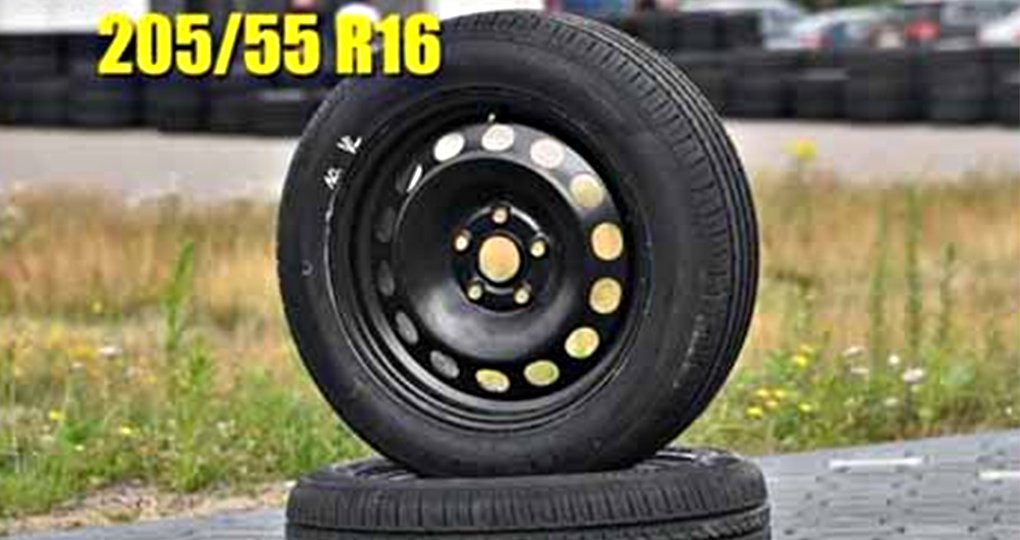The latest viewpoint is that tires are not like food—just because a tire is closer to its production date doesn’t mean it’s “fresher.”
When it comes to the lifespan of tires, experts have differing opinions. The newest perspective is that tires are not food, and their freshness isn’t determined by how close they are to the production date.

New Tires Are Not Always Durable
Recently, Wu Jinchun, president of the Malaysia Tire Retreading and Dealer Association, shared his views, stating that tires are made from a combination of various chemicals. Therefore, they need some time to allow these chemicals to stabilize before they are ready for use. He explained this during a speech at the association's 41st anniversary celebration dinner.
He explained that after this stabilization period, the tire will not only have optimal wear resistance but will also last longer and cover more miles.
“Car owners often believe that new tires straight from the factory are the best. So when changing tires, they specifically ask for freshly manufactured tires. This is especially true for younger car owners, who lack a deeper understanding of tire construction, which requires tire dealers to spend a lot of time and effort explaining this,” Wu Jinchun said.
He also revealed that they have been in talks with tire manufacturers and importers and will soon hold a conference to discuss this topic. They plan to release a clear set of tire usage guidelines for car owners.
Consumers Have a Limited Understanding
Chen Sunwei, president of another local tire association, said that newly produced tires actually need to be stored for 8 to 12 months before they reach their stable phase. However, many consumers are only partially informed and tend to focus solely on “freshness,” thus altering the normal usage cycle of tires.
He noted that most products sold on the market come with an expiration date, which leads consumers to assume that tires should have an expiration date as well. However, tires are not food—newer isn’t necessarily better.
"In other words, the closer a tire is to its production date, the shorter its lifespan will be," he said. He pointed out that some tire dealers, in order to please customers, even label tires that have been in stock for a year as "old stock," which can lead to dissatisfaction among consumers with other dealers.
Cai Yuanfang, general secretary of the Perak Tire Dealers Association, explained that many imported tires take 2 to 6 months to ship from their country of origin to the destination. Therefore, buying tires that have been in stock for 8 to 12 months doesn’t really mean much of a difference.
Many consumers judge a tire’s lifespan based on its production date. Cai Yuanfang believes that consumers should instead look at the tread depth or the total miles the tire has been driven to determine if it’s time for a replacement, rather than relying on the production date.
Tire Brand Matters
It is understood that tire tread starts to wear down after about 20,000 kilometers of use. If regular tire rotations and alignment adjustments are performed, the tire may last up to 40,000 kilometers. However, for safety reasons, the tire industry generally recommends replacing tires after 20,000 kilometers of use.
"If you install tires that are less than 8 to 12 months old, due to their instability, their lifespan may not support a full 20,000 kilometers," Cai Yuanfang added.
Cai also noted that the ideal storage period for tires is between 1 to 3 years, after which they begin to harden and lose quality. "However, everything still depends on the tire brand," he said.



